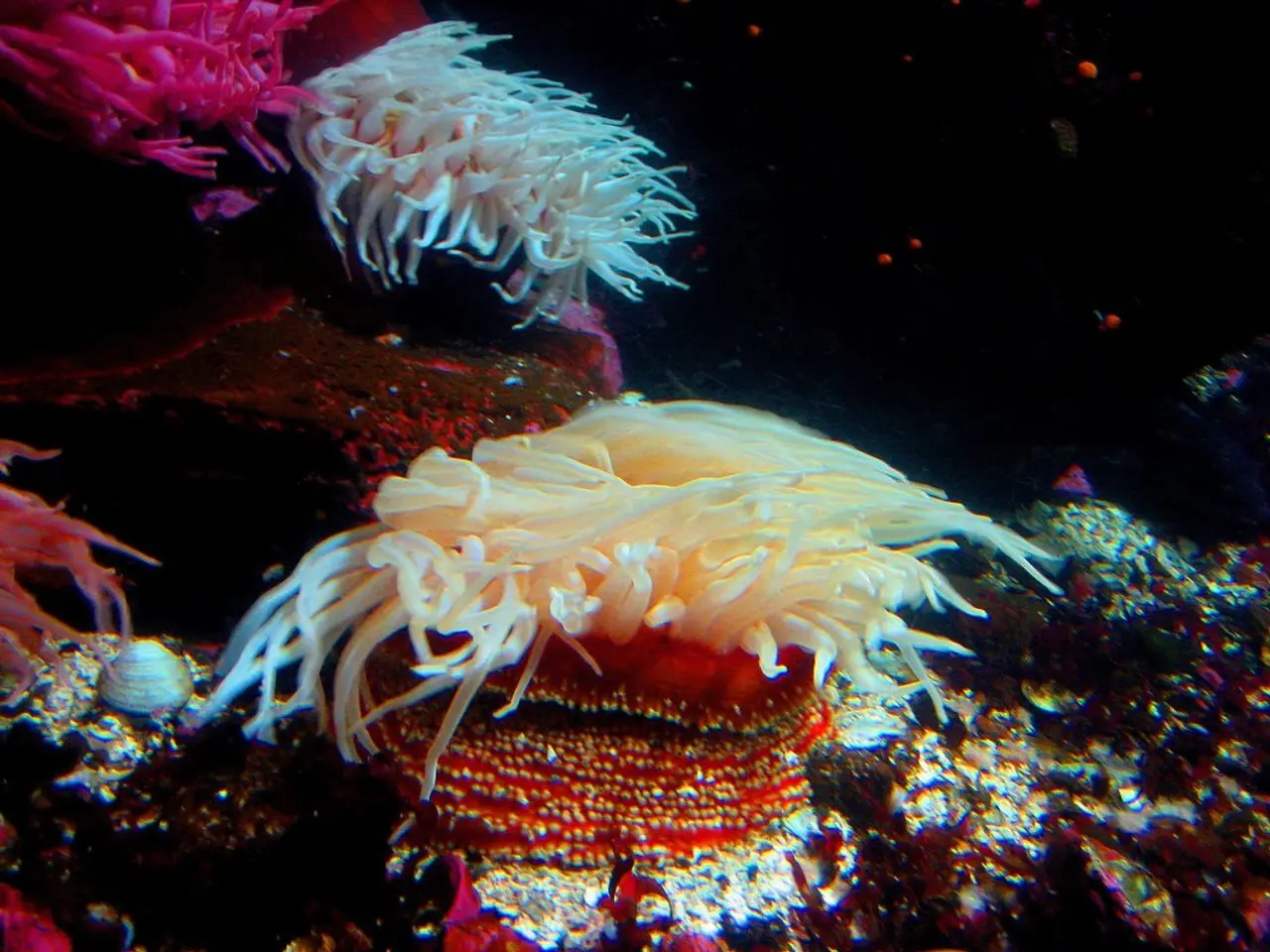Student Highlight at Scripps: Alyssa Griffin
Alyssa Griffin, a PhD student at the University of California San Diego's Scripps Institution of Oceanography, is on a mission to understand how changing ocean chemistry, particularly ocean acidification, affects coral reefs. Her research focuses on the impact of increasing ocean acidity on the dissolution of sediments that form the foundation of these vital ecosystems.
Griffin's fascination with geology and geochemistry stems from the immense time and spatial scales they encompass. She received her bachelor's degrees in geology and comparative religion, and a master's degree in geology from Temple University in Philadelphia. It was there that her master's advisor, Dr. David Grandstaff, helped her hone her skills as a young scientist and develop a passion for her field.
Griffin chose Scripps for her PhD because of the opportunity to work with Dr. Andreas Andersson and the access to resources and scientific productivity. Her typical day as a Scripps student includes lab work, data analysis, helping labmates, teaching, reading papers, and writing.
The most rewarding part of Griffin's research is the opportunity to ask "Why?" and navigate the path to an answer, sometimes finding unexpected things along the way. Her work is motivated by the possibility of contributing solutions to relevant issues, such as ocean acidification.
Griffin's research investigates how much and how quickly these sediments will dissolve under current and future ocean conditions to better manage and protect coral reef ecosystems. Increasing ocean acidity can cause these sediments to dissolve, which could lead to the disappearance of foundational reef sediments. The sediment provided by corals on reefs can comprise up to 95% of seafloor coverage and is important for the expansion and creation of land habitats.
Alyssa Griffin is one of Scripps Oceanography's Equity, Diversity and Inclusion Fellows, organizing events to create a more inclusive and diverse environment at Scripps. She hopes her future students will see her career path and know that they are capable, intelligent, and talented enough to pursue their passions, regardless of their background.
However, Griffin faces challenges with work-life balance, as the demands of a PhD program can take time away from family and friends. Despite this, she remains committed to her research and to serving as a role model for underrepresented groups in the geosciences.
This interview has been condensed and edited. For more information about Alyssa Griffin's research, please visit the Scripps Institution of Oceanography's website.
- Alyssa Griffin's fascination with ocean acidification within the context of environmental science is deeply rooted in her academic background, having received degrees in geology and geochemistry while also studying comparative religion.
- Griffin's research in the field of geology, centered on ocean acidification and its impact on coral reefs, is a testament to her continuous learning and dedication to education and self-development in the realm of science.
- Griffin's work on ocean acidification not only contributes to scientific knowledge about the environment but also has practical implications for climate-change mitigation efforts and personal growth, as she aims to empower underrepresented groups in the geosciences through her research and leadership roles.




